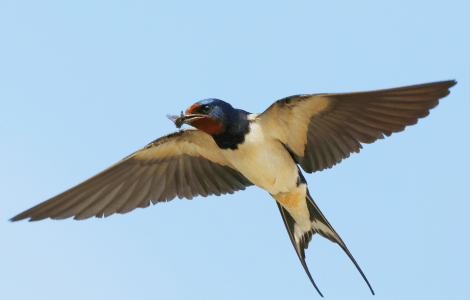Acto Académico Premi Ramon Margalef 2014
Os invitamos a asistir al acto académico que se celebrará el próximo 03 de diciembre en el Aula Magna de la Facultad de Biología (UB). El acto contempla un Scientific Forum titulado "To what extent does Biodiversity rule Productivity and Stability of Ecosystems?" con el premiado de este año Prof. Dr. David Tilman (Minessota University, USA), que impartirá la ponencia "Biodiversity: From Evolutionary Origins tono Ecosystem Functioning".

El acto también contará con la participación del Dr. Fernando Valladares (Research Professor, CSIC-MNCN, del Dr. Francisco Lloret (Professor of Ecology, UAB-CREAF) y el Dr. F. Xavier Sans, (Professor of Botany, UB.
La moderadora del acto será la Dra. Emilia Gutiérrez (Professor of Ecology, UB)
Dará la bienvenida el Magnífico Rector de la Universidad de Barcelona, Prof. Dr. Dídac Ramírez.
En inglés os adjuntamos el sumario de la charla y la mesa redonda:
Species diversity is a major determinant of ecosystem productivity, stability, invasibility, and nutrient dynamics. For instance, our long-term studies in grasslands, and many other studies, show that high-diversity ecosystems are approximately twice as productive as any of the individual species growing by themselves. Moreover, the strength of this effect of biodiversity increases through time. The observed impacts of higher diversity on productivity, stability, invasibility have been found to result form multiple processes, including interspecific complementarity, greater use of limiting resources, decreased herbivory and disease, and nutrient-cycling feedbacks that increase nutrient stores and supply rates over the long term.
These experimentally observed effects of diversity are consistent with predictions based on a variety of theories that share a common feature: All of the theories have trade-off-based mechanisms that allow long-term coexistence of many different competing species. There are reasons to believe that such trade-offs may a universal feature of life. In particular, patterns of speciation and diversification in the fossil record, and patterns of coexistence after taxa migrated into new biogeographic realms, support the hypothesis that all species, on all continents, have always been bound to the same universal interspecific tradeoff surface.
In total, experimental, theoretical and evolutionary evidence all suggest that biodiversity should be a major factor controlling the dynamics and functioning of communities and ecosystems. In support of this hypothesis, a recent review of 10 long-term experiments found that diversity loss had an effect as great as, or greater than, the effects of herbivory, fire, drought, nitrogen addition, elevated CO2, and other drivers of environmental change. The preservation, conservation, and restoration of biodiversity should be a high global priority.
Round Table with Prof. Dr. D. Tilman and Guest Speakers:
- Dr. Fernando Valladares (Research Professor, CSIC-MNCN. Expertise in ecophysiology and plant evolutionary ecology).
- Dr. Francisco Lloret (Professor of Ecology, UAB-CREAF. Expertise in plant diversity and community functioning)
- Dr. F. Xavier Sans, (Professor of Botany, UB. Expertise in biodiversity in agroecosystems and agroecology)
- Chairman: Dra. Emilia Gutiérrez (Professor of Ecology, UB. Expertise in dendrochronology and population ecology)






